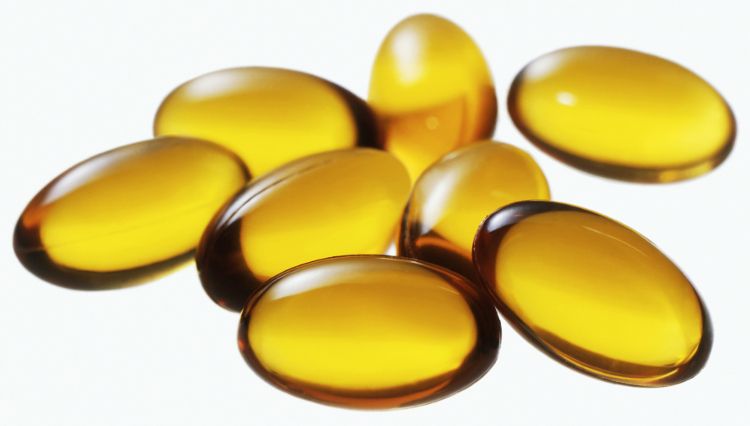European Medicines Agency confirms original recommendation to not authorize use of omega-3s for heart attack patients
The European Medicines Agency (EMA) has confirmed its previous recommendation to no longer recommend the use of omega-3 fatty acids for secondary prevention of myocardial infarction, following a request for re-examination.
Photo © iStockphoto.com/ evemilla

The European Medicines Agency (EMA) has confirmed its previous recommendation to no longer recommend the use of omega-3 fatty acids for secondary prevention of myocardial infarction, following a request for re-examination. While the combination of EPA and DHA at a dose 1 g per day will no longer be recommended for people who have suffered heart attacks, they can still be used to reduce levels of triglycerides.
EMA stated in its announcement that it based its decision on the “results of the open-label ‘GISSI Prevenzione’ study performed in 1999 which supported the initial authorisation of these medicines, as well as retrospective cohort studies, more recent randomised controlled trials, and results of meta-analyses.” While the GISSI Prevenzione study did demonstrate a small relative risk reduction from use of omega-3 fatty acids, EMA says the effects were not confirmed by more recent randomized controlled trials.
This recommendation will be forwarded to the European Union commission, who will make a decision within 60 days.
2 Commerce Drive
Cranbury, NJ 08512
All rights reserved.